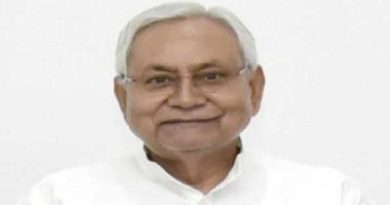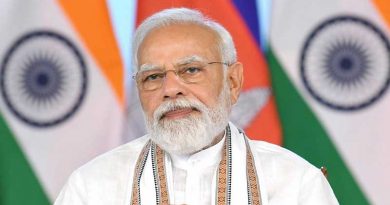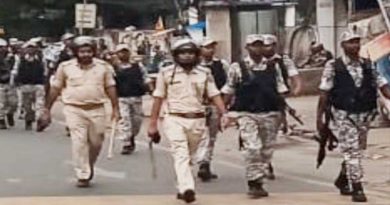Talent crunch: No takers for more than 50% of Cal Univ teachers’ posts
By Sumanta Ray Chaudhuri
Kolkata, March 26 : The University of Calcutta, which once occupied the topmost slot among the state universities nationally because of its excellence in higher education, is currently going through a major crisis. Over 50 per cent posts of teachers are lying vacant.
The Calcutta University Teachers Association (CUTA) has conducted an internal survey and has come up with statistics which highlight the sorry state regarding the vacant posts of teachers in the 55 post-graduation departments of the university.
According to the CUTA statistics, the number of sanctioned posts of teachers in these departments currently stands at 793 whereas the number of existing teachers is 395.
“This means that a total of 392 posts of teachers, a little over 50 per cent of the sanctioned posts, are lying vacant. The scene is pathetic for all the departments,” pointed out CUTA general secretary Sanatan Chatterjee.
The post-graduation department of history, as per the statistics prepared by CUTA, is a classic example of this. The total number of sanctioned posts in the department is 25, out of which 15 posts are lying vacant.
Another example is that of the electronic science department, where the number of existing teachers is just four against the sanctioned strength of 10.
“While these are the classic examples, the situation is the same for all the 44 departments. There is not a single department where the total sanctioned posts are filled up fully,” pointed out a CUTA official.
According to him, even after being alerted about the shortage of staff the university authorities made no attempt to rectify the situation. “So finally, the association on its own initiative undertook a survey on this count and revealed the alarming figure about the vacant posts. Since then the university authorities have been requested by the association several times to fill up the vacant posts but nothing positive has happenned so far,” he added.
A university insider, on condition of anonymity, said that such a situation was inevitable considering that the institution had been running without a permanent vice-chancellor for quite some time, since the Calcutta High Court in September last year dismissed the re-appointment of incumbent vice-chancellor Sonali Chakraborty Banerjee. The decision was later upheld by the Supreme Court.
“So, in such a situation it is not surprising that the issue of filling up vacant posts in the post-graduation departments is neglected,” he said.
According to academicians, an acute shortage of teachers adversely affects the quality of education, especially in case of higher studies.
“Specialisation is the key factor when it comes to post-graduation studies. So naturally more the number of teachers there with specialisation in different subjects the higher is the academic quality. Short-staffed departments surely do not paint a rosy picture of the academic quality since there is pressure on the existing teachers to complete the syllabus, with the quality of academics taking a backseat,” he said.
He added that recently there had been proposals to introduce new subjects like Artificial Intelligence in the post- graduation courses. “This decision would have been a welcome move had the existing departments been running with full sanctioned strength. What is the point of introducing new subjects unless there are sufficient teachers,” he stated.
According to academician and teacher of economics P.K. Mukhopadhyay, in such a situation two things happen — first the migration of students to central universities, universities in other states and even reputed private universities; the second is midterm dropout.
“The brain drain from West Bengal after completing graduation has been happenning for quite some time, especially among the meritorious students. This tendency is sure to spread among the average students in the coming days. Parents having comparatively deeper pockets will prefer their children to go to private universities even though the cost of education is extremely high there,” he said.
The second tendency, according to him, is a mid-term dropout at the post-graduation level. “Till now there have been no major report of such mid-term dropouts. But surely with this academic situation prevailing, students who opted for admission to post- graduation courses, will drop out if they get a chance in any career-oriented professional course,” he added.
–IANS









